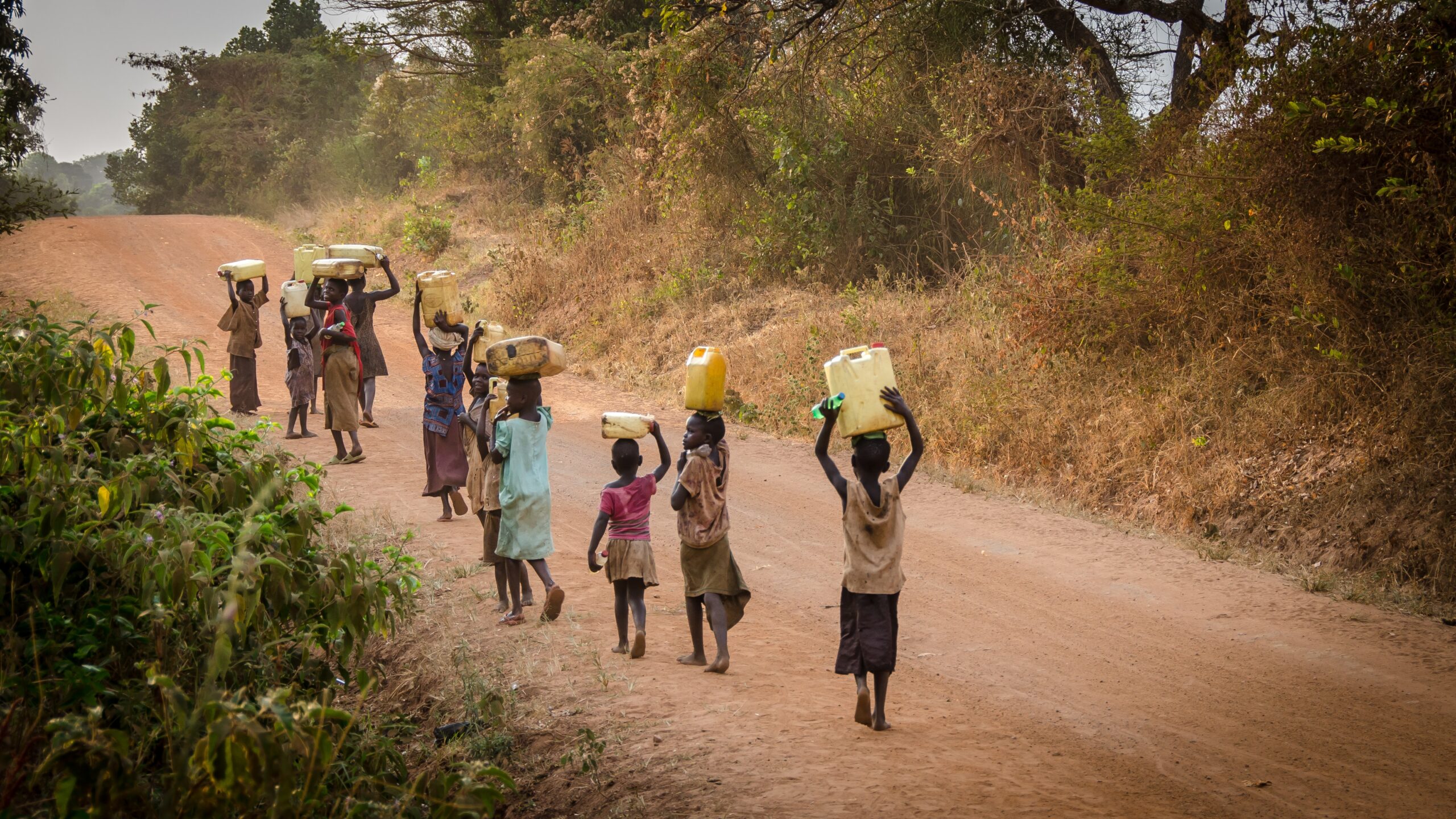Access to safe drinking water remains a critical and unfulfilled right for millions, as a joint report by UNICEF and the World Health Organization (WHO) reveals the persistent global water crisis. The report, titled “Progress on household drinking water, sanitation and hygiene 2000-2022: Special focus on gender,” exposes the alarming fact that in 2022, a staggering 2.2 billion people still lacked access to clean water. Shockingly, 115 million individuals were found to be consuming surface water, posing serious health risks.
Additionally, sanitation and hygiene remain major challenges. In 2022, 3.5 billion people lacked safely managed sanitation, while 2 billion people were without basic hygiene services, including a startling 653 million without any facilities at all.
The report’s gender-focused analysis exposes the unique hardships faced by women and girls due to inadequate access to safe water, sanitation, and hygiene facilities. Around 1.8 billion people do not have drinking water on their premises, with women primarily burdened with the task of water collection in two out of three households. Disturbingly, adolescent girls and women in rural areas are more likely to resort to reusable materials or no materials at all during menstruation, highlighting the urgent need for improved menstrual health facilities and education.



